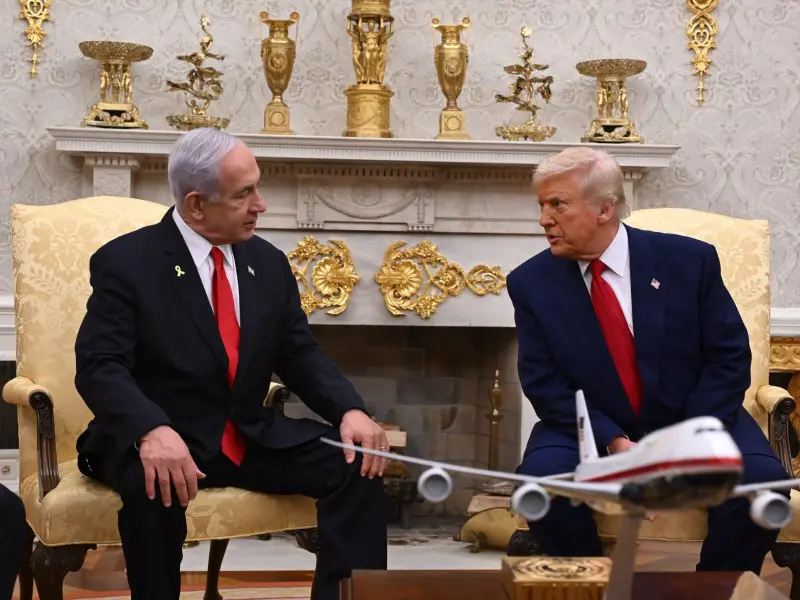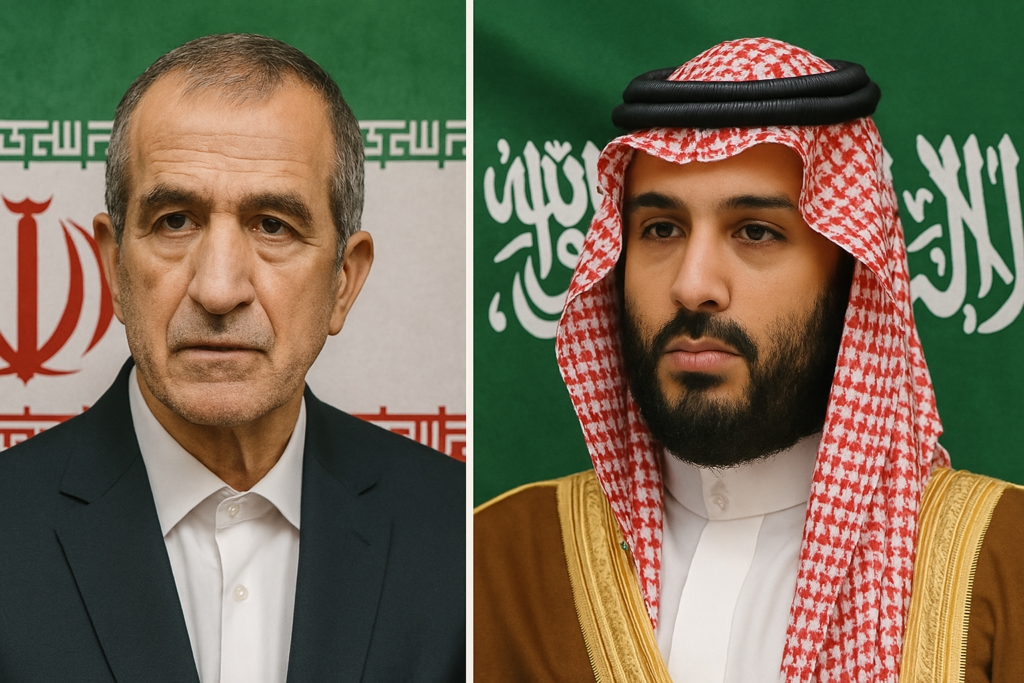As the kinetic war against Iran and its terror proxies rages on multiple fronts, every Israeli citizen must understand a critical truth: the battle is not only on the battlefield—it’s also online and in our minds.
While the IDF dismantles Hamas in Gaza, targets Hezbollah in Lebanon, and keeps Iranian militias at bay in Syria and Iraq, another front has opened—one that doesn’t involve missiles or airstrikes, but rather tweets, bots, phishing emails, and psychological manipulation.
Iran is waging an aggressive cognitive and social war against Israeli society, and the primary battleground is the internet.
Through coordinated cyber campaigns, Iran steals Israeli identities using phishing attacks, spreads divisive and inflammatory content via bot networks, and even creates fake social media profiles to recruit Israelis as covert agents. These operations are sophisticated, well-funded, and laser-focused on one objective: deepening internal divisions in Israeli society.
Iranian operatives aren’t just trying to gather intelligence—they’re weaponizing our own debates, disagreements, and frustrations against us. They identify fault lines in our society—political, religious, ethnic—and then pour fuel on the fire. Their strategy is clear: if they can’t defeat us militarily, they’ll try to break us from within.
This is why every Israeli must act with responsibility in this moment of national crisis. Do not click suspicious links. Never share personal information with unverified sources. And above all—don’t give Iran the satisfaction of seeing us turn on one another.
Let’s be clear: Iran cannot defeat Israel on the battlefield. Our military, our spirit, and our national resilience are too strong. But that doesn’t mean Iran can’t cause damage. If left unchecked, their psychological warfare could weaken our unity, sow distrust, and chip away at the foundations of our democracy.
Disagreements among us are natural—and even healthy in a vibrant society. But none of us, regardless of our views, wants to see the State of Israel cease to exist. And that’s exactly what our enemies are counting on.
At this critical hour, when Israel is fighting not just for its borders but for its future, every citizen has a role to play. If an action or post would help the Iranian regime—don’t do it. That’s the simplest rule of thumb.
Our strength has always been our unity, our clarity, and our refusal to surrender to hate—either from our enemies or toward each other. Let’s protect that strength, online and off.




